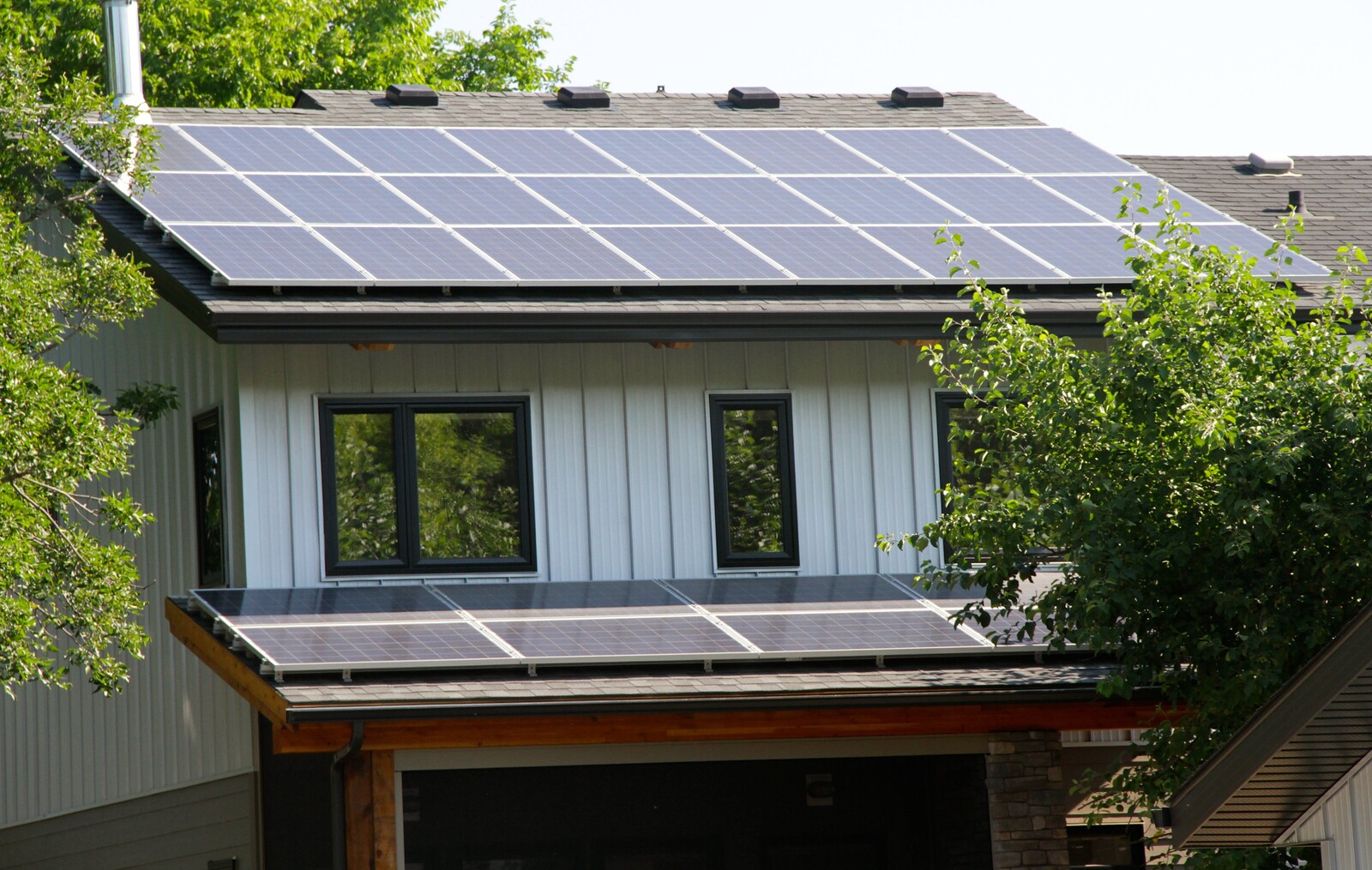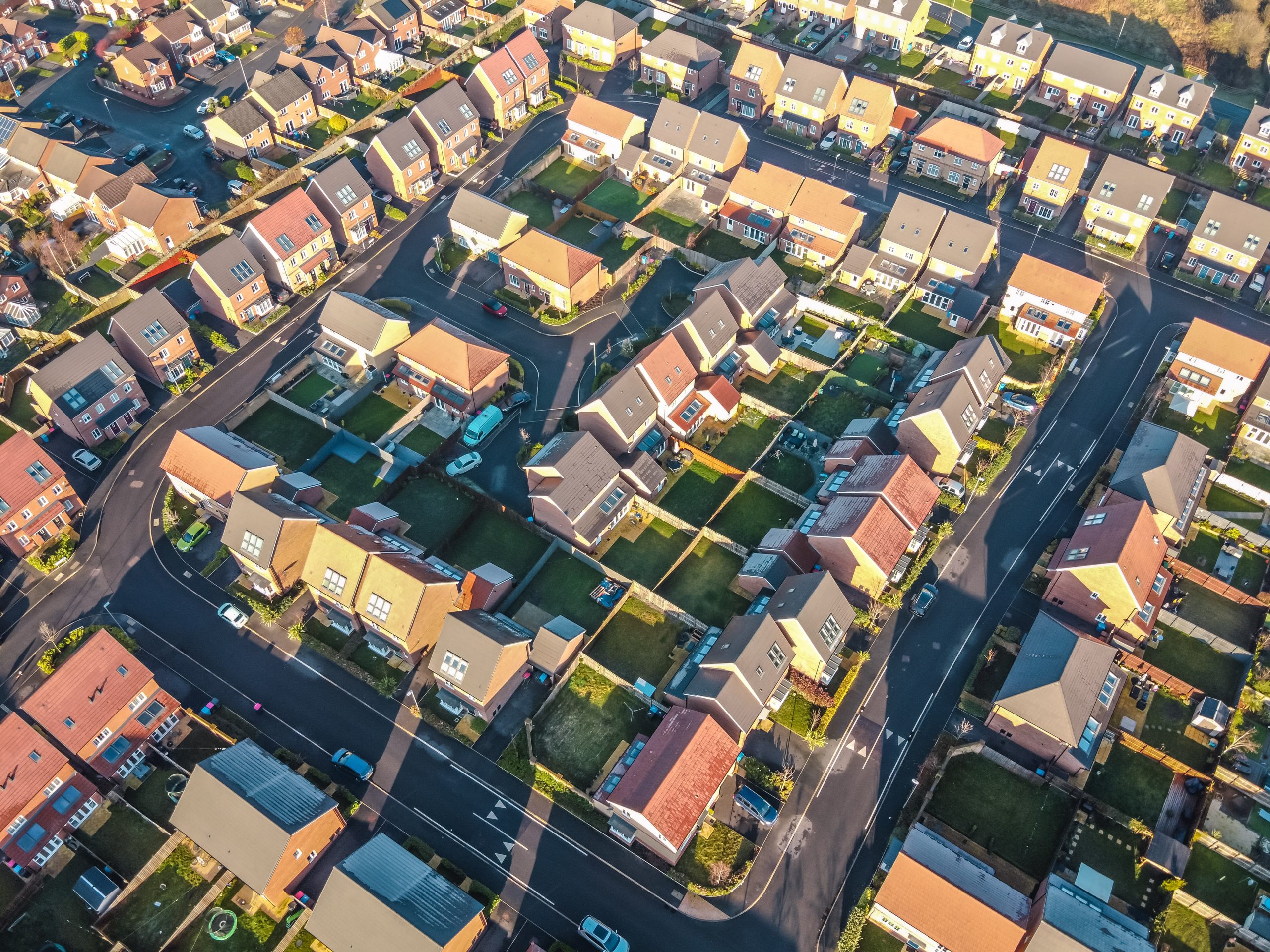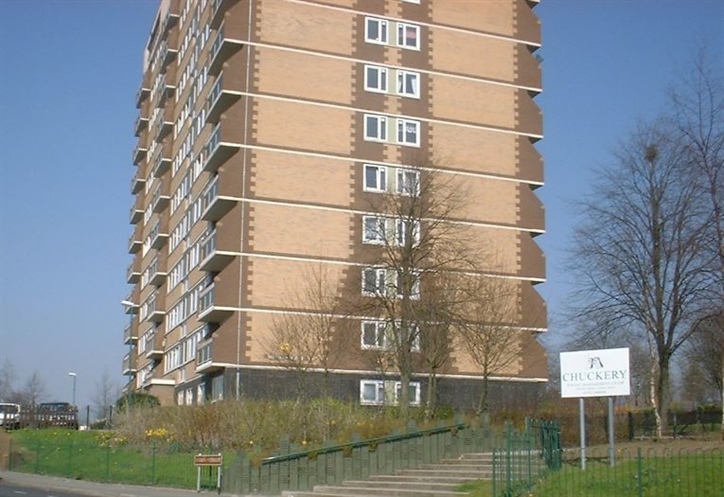What Retrofit Challenges Do Housing Associations Face?

With over 29 million homes in the UK, and at least 15 million homes needing retrofit by 2030, Housing Industry Leaders investigates the net-zero challenges housing associations face.
The retrofit cost to net-zero is estimated to be between £25k-30k. However, in reality, it is much higher.
To minimise this cost, companies must investigate products and technologies that drive a cultural change to set the pathway toward net-zero.
Some of the oldest, least energy-efficient housing in Europe is in the UK. According to the UNs Environment Programme, pre-pandemic, the building sector accounted for 38% of all global energy-related CO2 emissions.
Housing associations play a critical role in housing decarbonisation, as they provide around five million houses in the UK.
Gail Scholes, Head of Public Sector and Housing at Zenergi, has spoken about how for these housing associations achieving net-zero targets is essential, but there is still a long way to go:

Gail Scholes, Head of Public Sector and Housing at Zenergi
Unfortunately, the solution is not singular. Different sectors and social groups need numerous incentives and guidance to ensure the retrofitting of existing buildings.”
For many groups, this incentive will revolve around financial aid and support. For others, it will revolve around support networks and correct education.
Preparing young adults
Gail expressed how one challenge in the approach to net-zero is preparing young adults. In particular, young adults within the care system: “Reaching the age of eighteen is an overwhelming step.
Having lived in sheltered accommodation their whole lives, they will have to adapt to living alone and the responsibilities that come with it.
Energy and bills will be a foreign concept, ultimately restricting the clear pathway to net-zero. A resolution is to prepare young adults through practical education and awareness. With this support, Gail hopes young adults will become more climate-conscious and will be able to contribute to the elimination of greenhouse gases.
Assisting elderly homeowners
Due to the financial strain of heating a whole property, elderly homeowners often find themselves tied down to large family homes, where many rooms remain unoccupied. Unoccupied rooms can become unkempt with a lack of maintenance, which leads to issues such as dampness and mould.
As a solution to this, organisations such as Age UK need to assist with the enrolment of decarbonisation plans. An engaging strategy must be welcomed that highlights the homeowner’s well-being and living conditions.
Personal needs of the tenants
Connecting the current climate crisis and the net-zero houses to the tenants is a pivotal factor in the challenge to approach net-zero. The retrofit approach needs to tailor the individual’s motivations to support changes in behaviour.
If community participation in decarbonisation agendas does not increase, the pathway to net-zero by 2050 will be impossible.

